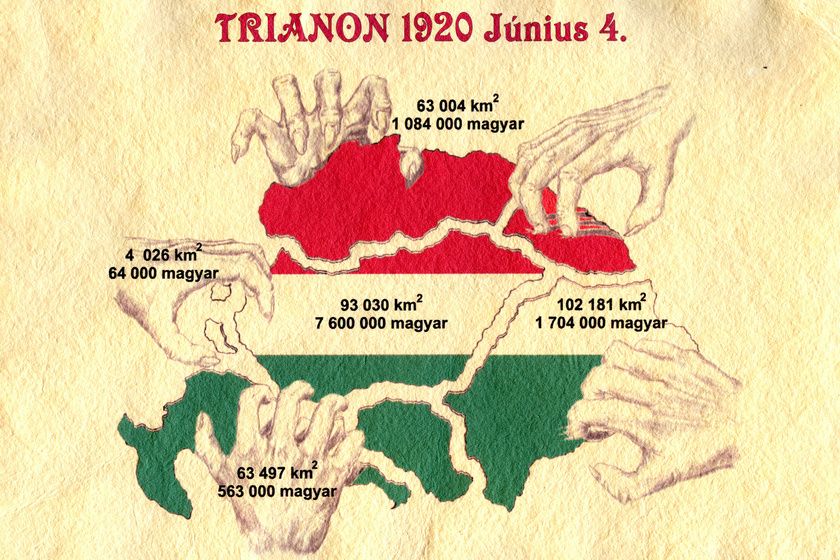for those who find this hard to read, it’s like my dad. he grew up in peru but by the border between peru and brazil, so he picked up portuguese.
Hey, your question is kinda weird. And I mean it in a supportive way. Your understanding of borders and languages is wrong.
Country border aren’t language borders. If the local dialect is preserved, both sides of the border can probably communicate. If not, then it becomes a question of what dialect became the standard language? are a lot of people crossing the borders regularly? which side of the border has a higher interest learning the other language?.. And so much more.
I personally know a couple languages and some are from neighbors countries. I can cross the border in less than an hour. If I talk to someone from the other side in “our” dialects, we might experience the way the other person is talking as odd but we understand each other. But those who don’t know their local dialect, have a very hard time catching on, while tbh i don’t know why. Maybe because I know both languages, I see the similarities and they don’t and get confused by differences. On my side of the border, most natives speak the other country’s language fluently, for economical reasons. On the other side, it is unusual to find someone who can speak our language, and the local dialect.
In short, you will get a mixed bag of responses and there are patterns and reasons for it but you are kinda asking the wrong question to get a meaningful answer.
A practical example and the araising questions, in Belgium people speak a bunch of languages, french, German and Flemish(/dutch). Based on what I heard, the french part of the country doesn’t tend to speak Flemish and the Flemish part doesn’t speak french (or at least don’t want to). Does the french part speak the language of their neighbor, as they speak french, or not because it is also their own language? Is Flemish a language or just a dutch dialect? What about the German speaking part? If a Belgian learned french in school, while living in Flanders, would move to the french border, would that count as speaking their neighbors language? Or not?
I like your question but it is unfortunately one based in a flawed belief/thinking.
I didn’t pick up the language of the country I grew up in, just the neighboring one’s. Have you ever heard of Trianon?

I know that “Araf” means “Slow” in Welsh due to the road markings.
Yea, I grew up in America and ended up being fluent in Canadian as well. I ended up emigrating there even.
I’ve got a friend from Catalonia and he’s fluent in English, Spanish and Catalan… and can get by in French.
I lived in an area that had more or less migrant workers depending on season. I did pick up some of the language as a kid, because I had friends who were part of that population, but honestly I can’t speak it now. Sometimes I can pick out the general meaning if I read it, but not often enough to be confident in my understanding.
Maybe not exactly what you’re asking but I grew up and live in Vancouver, Canada, which is really close to the US border. Obviously both sides speak English but I feel that the accents and slangs bleed across. I don’t really know if I’m considered to have a Canadian or American accent, or where the distinctions lie.
Yes, I did.
What language was it?
Danish. (Not a very useful language, but quirky and quite charming.)
Kan du forstå meg? (Jeg skriver på norsk, min fars språk. jeg lærer fortsatt, men jeg har hørt at norsk og dansk er veldig like)
Jada, jeg har bodd og jobbet i Norge i et par år, så ingen problemer med å forstå norsk. 😉
Forbausende!
the people on the american side mostly didn’t; while a significant portion, but still a minority, of the people on the mexican side did not.
Yes. I learned Canadian eh?
I’ve learned French in school for 5 years, but I only speak it on a relatively basic level, despite living very close to France and crossing the border quite often. Not too big of a deal though, as many people in Alsace also speak a German/Alemannic dialect.






